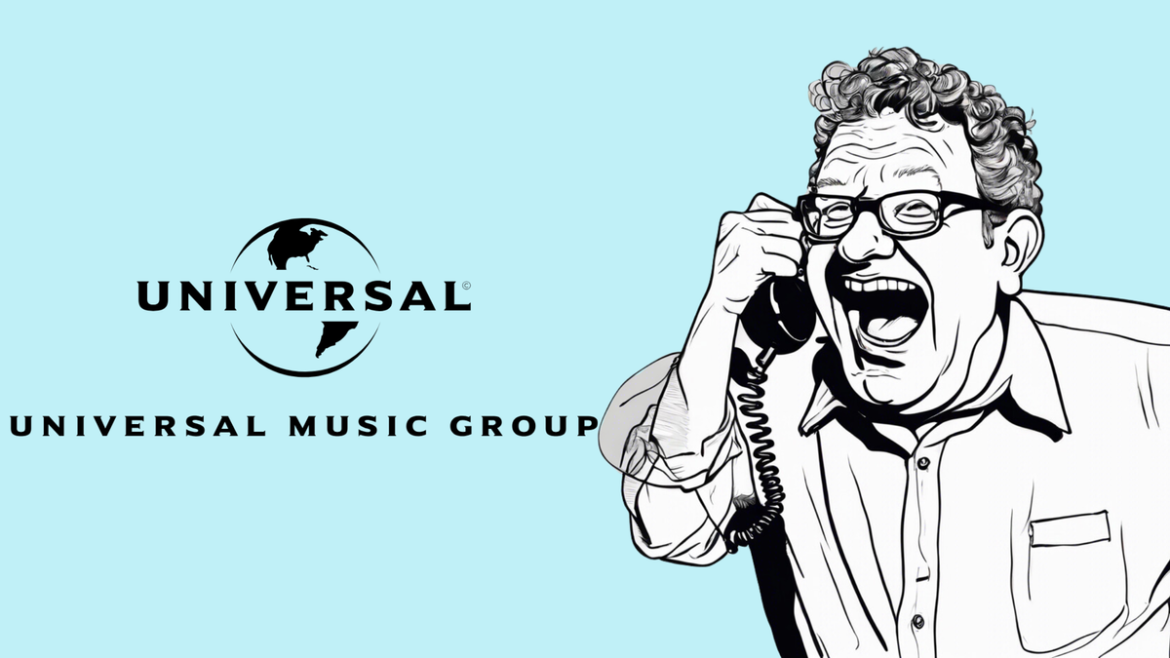Image Credit: CMU
Universal Music will be forced to list its shares on the New York Stock Exchange by September 2025 after activist investor Bill Ackman called the major’s bluff, exercising a contractual right that gives his company Pershing Square Capital the power to compel a US listing, alongside its existing Amsterdam listing. This forced listing represents a humiliating climbdown for Universal Music and its CEO Lucian Grainge, who just two months ago publicly slapped down board member Ackman’s demands to abandon Amsterdam. The irony of Universal Music’s predicament is particularly stark given its recent aggressive expansion. Grainge has been busy positioning the company as the benevolent guardian of independent music through a series of strategic acquisitions which have been strongly opposed by the independent sector.
The pending $775 million Downtown Music Holdings deal, carefully branded as an initiative led by the major’s Virgin Music Group rather than a straight UMG power grab, follows hot on the heels of the [PIAS] buyout. Meanwhile, UMG’s more subtle move to gain control over valuable music catalogue through its $240 million investment in Chord Music Partners suggests a company trying to build market dominance through increasingly complex financial engineering.
The timing of Ackman’s power play becomes even more intriguing when viewed through the lens of Universal’s recent market struggles. Last July saw UMG’s share price plummet from €29.49 – tantalisingly close to the €30 threshold that would trigger Grainge’s controversial €100 million “mega-bonus” – to below €20. While the stock has partially recovered, it continues to languish around €25. A US listing, with its potential for S&P 500 inclusion and increased liquidity, could provide exactly the boost needed to cross that crucial €30 threshold. Perhaps Ackman isn’t so much forcing Grainge’s hand as providing convenient cover for a move that serves multiple interests.
This convenient alignment of financial incentives takes on new significance given the questions swirling around UMG’s succession planning. With 64-year old Grainge’s current five-year contract set to expire in May 2028, the door would appear to have slammed shut on a dynastic route for succession.
As the music industry is waking up to the broader implications of Universal’s financial maneuvering, Beggars Group founder Martin Mills has already cut through the PR spin, dismissing UMG’s use of the Virgin brand as “cynical” and warning there’s “a wolf under that cape”. Indie trade group WIN brands the Downtown deal as “another step in UMG’s relentless path to dominance”, while IMPALA is demanding regulators block what it sees as a naked land grab. Yet these industry protests may be missing an even more sophisticated play at work.
For all Grainge’s meticulously crafted and aggressively managed image as the industry’s most powerful executive, the reality seems increasingly clear: Universal Music’s future is being shaped not in its own boardroom but through complex financial engineering that serves the interests of hedge funds, private equity firms, and executives pursuing nine-figure bonuses. The question is whether this sophisticated financial engineering serves anyone’s interests beyond the billionaires and whether it leaves any room for the cultural and creative interests that supposedly sit at the heart of the music industry.



